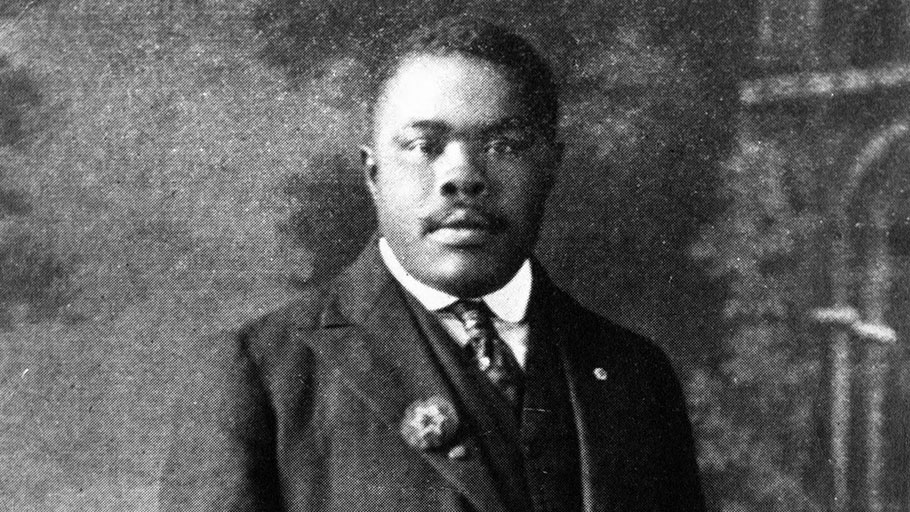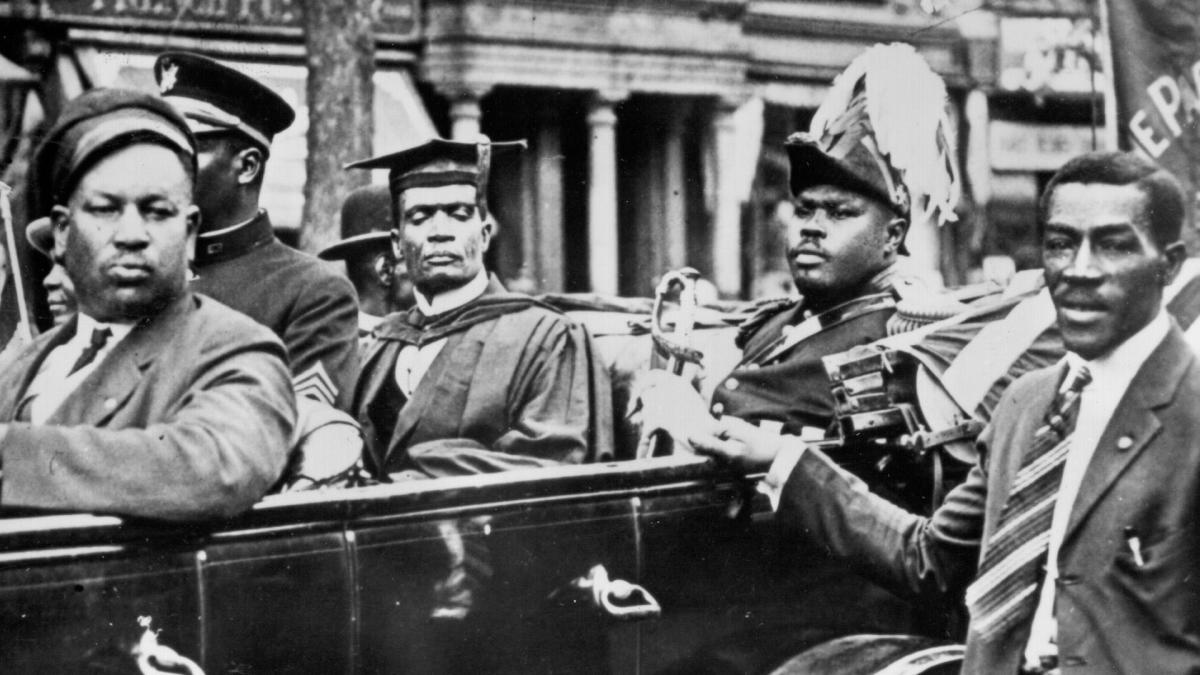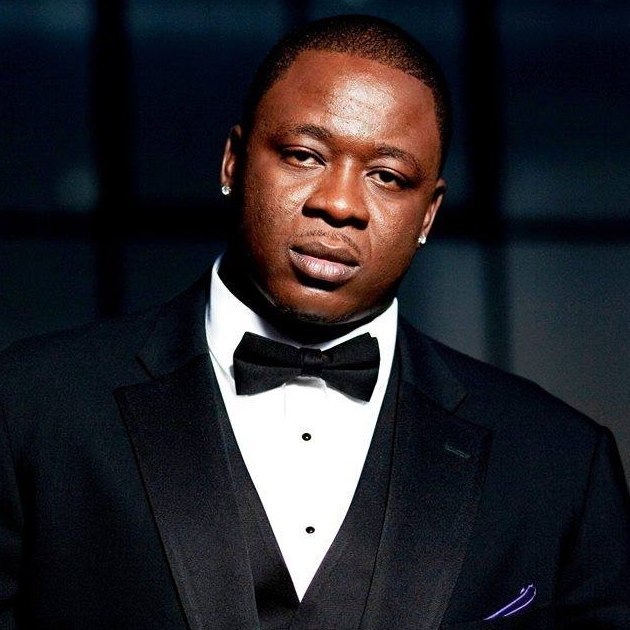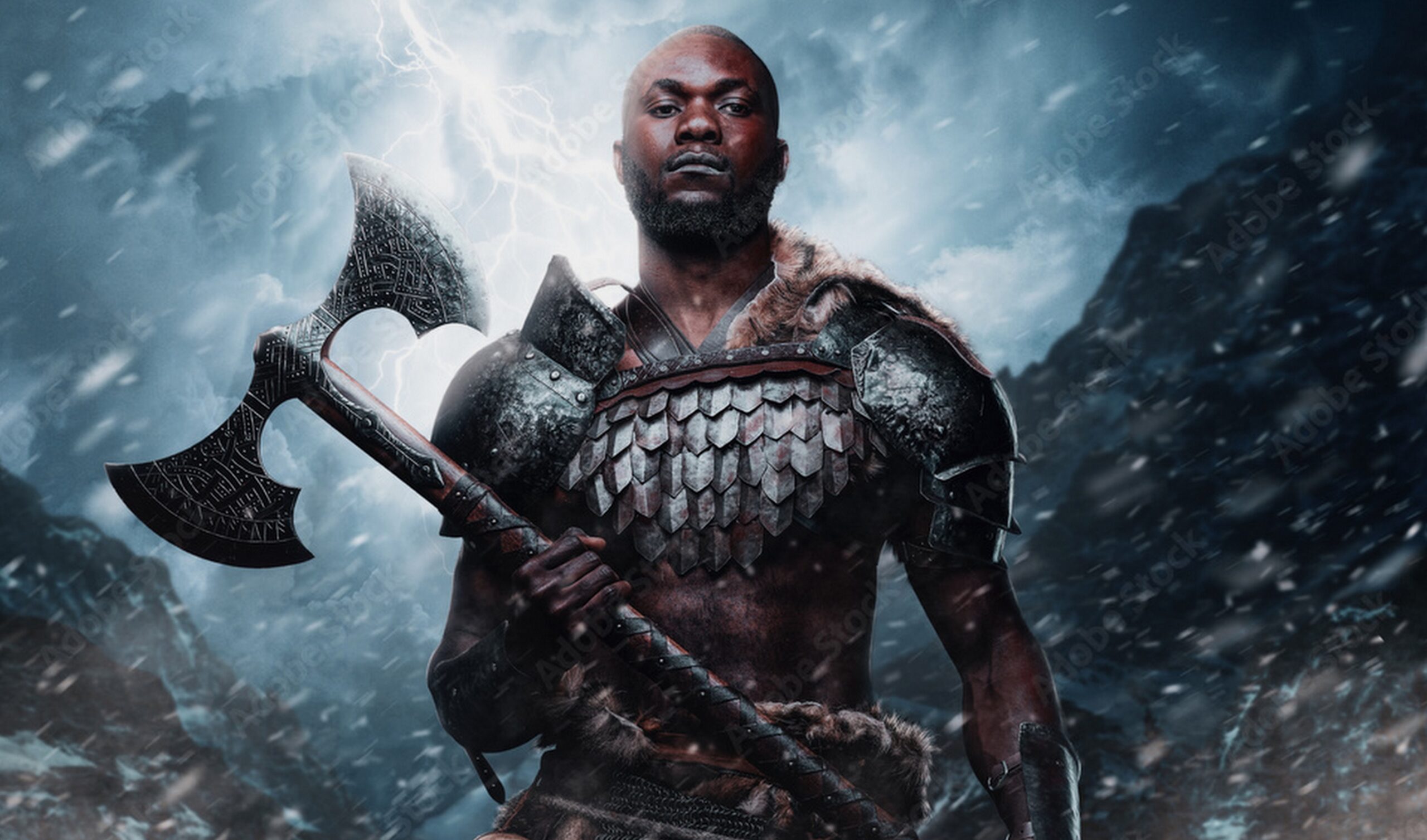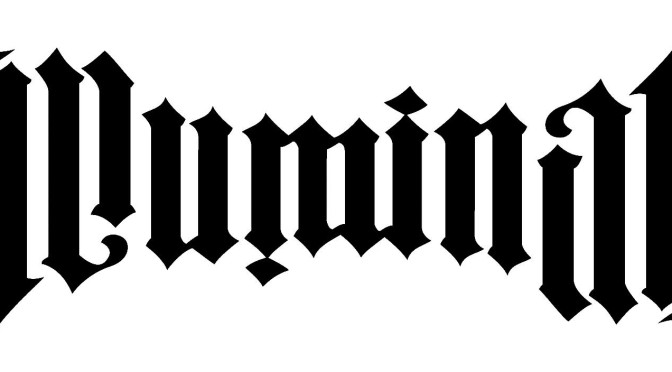Because of disappointment, I still needed to write an in-depth reaction to Marcus Garvey’s story. My dissatisfaction is not with Garvey but with the black community globally. How am I supposed to be my people’s next civil rights activist when my people have already shunned all the most brilliant leaders of the past? That question stopped me from writing sincerely about the Marcus Garvey Jr. story. Is it worth it? Do you think they will listen? Are they interested? Whenever I talked about the subject, most black people said in a rather dismissive manner that they already knew. I wasn’t breaking any news to them.
We cannot even afford a traitor or another slanderer.
My reaction was, if everyone claims to know already, why haven’t they done or said anything? Ahhh, they have an objection because they’re not joining hands. They will argue because they already know everything, and that’s the problem. As I pondered these questions, the only answers that came to my mind were 1. People of African descent cannot unite. 2. In a big money situation, we kill each other. And 3. white supremacy desperately resists any call for racial justice. Systemic racism is one hell of an institution. That is why blacks have no room for error. We cannot even afford a traitor or another slanderer.
You will find no shortage of brave and intelligent leaders when you read about Marcus Garvey. The problem was that their intended audience always disagreed with something. Garvey was exceptional in that he defied the odds when his people (a) had little self-confidence, (b) were under severe oppression from white supremacy, and (c) were divided. This was when the race had just endured four hundred terrible years of slave trade and slavery. We were now amid imperial colonization. That was between 1910 and 1935. Back then, there were few to no pleasant opportunities for people of African descent.
Events like the Tulsa race massacre happened in every colony. Many Caucasians went a step further to prevent blacks from achieving economic prosperity. They underpaid the blacks who worked for them and falsely accused many of crimes. They denied us justice, and white supremacy passed laws against people of African descent. That is the environment where this man stood. At this point, Marcus Garvey dared to hold black pride rallies attended by tens of thousands of people in the United States. He opened factories to create jobs for his people, launched newspapers, and established his own shipping company.
Unlike us, they understood the value of unity among themselves and theirs.
He founded the United Negroes Improvement Association with chapters from Africa to Canada, Europe to South America, and the United States (before 1940). While World War I and the Great Depression raged on. We had some important people of African descent calling Marcus Garvey Jr. a Buffon. He told black people that instead of being lynched, “the time had come for the negro race to sacrifice their martyrs on the altar of liberty, even when the Irish had given a long list from Robert Emmet to Roger Casement.” He pointed us to the Irish Revolution for political inspiration, but people of African descent did not unite.
The man said, “there is no race in the world that will give others, if they ask, a clear bargain economically, politically, and socially.” As a people, we knew Marcus Garvey Jr. was telling the truth. We bargained and complained about the bad deals we got. We can’t say no one stood up for the black race. People of African descent seem more adept at dealing with individualism and small groups. We do not embrace a collective that supports our race. And rightly so, since they’re no fools, the FBI labeled Marcus Garvey a threat to national security. Unlike us, they understood the value of unity among themselves and theirs.
The FBI understood the significance of self-preservation. When Garvey spoke the truth to awaken his sleeping and reluctant race, they undermined his businesses, falsely accused him, and deported him. We watched and did nothing. After each World War, the United States facilitated Europe’s economic recovery and infrastructural reconstruction. Caucasians help each other get back on their feet. We mock ours as they fall. Can you see my disappointment? Malcolm X died because nobody helped him. How can we face such a steep mountain as white supremacy and systemic racism and not have a unified approach?
W.E.B. Du Bois lived simultaneously with other great teachers, such as Alexander Bedward, the true father of Pan-Africanism. We had minds as educated as Edward Wilmot Blyden, Booker T. Washington, and Dusé Mohamed Ali. Our most straightforward task was to unite the formerly enslaved Africans, the diaspora, and the Africans on the continent. We didn’t comply. Garvey did not fail in any way. We, the people of African descent, have failed him. We couldn’t unite – too many different schools of thought. We’re dealing with people organized for centuries, owning colonies and well-funded law enforcement agencies.
We failed to complete the task of uniting under one purpose. Reading Marcus Garvey’s story, I saw that people of African descent were blessed with an army of heroes from the late 19th century through the 1970s. However, we sat back and argued, taunted each other, and even supported white supremacy and systemic racism in undermining our heroes. Yes, a few people protested, but it wasn’t enough. How does this encourage the next generation to choose the mantel? We’re so excellent at finding fault and challenging each other. So easily manipulated with mainstream media, money, or austere distractions.*
